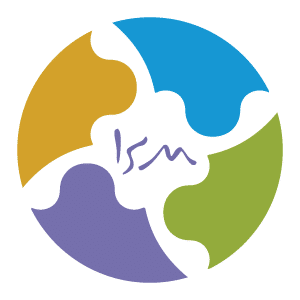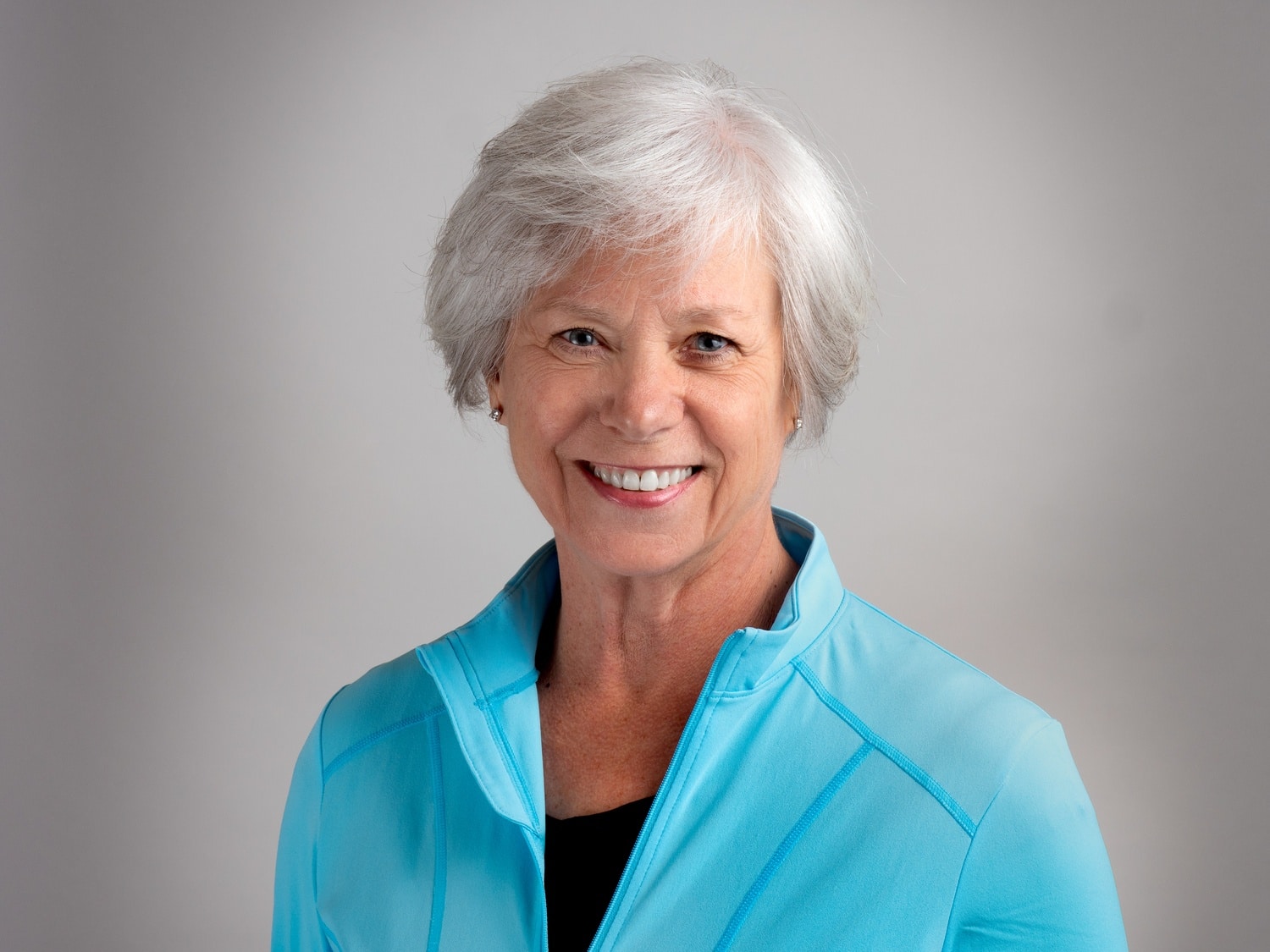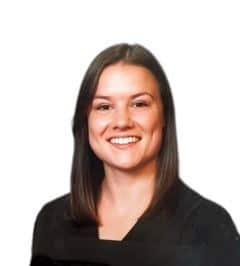Who is Inspire for ISM for?
ONLY FOR PHYSIOTHERAPISTS WHO GRADUATED 2020 – 2024
This is the third workshop led by Diane Lee & Kate Pearsall with the intention of inspiring young, newly graduated (0-4 years) physiotherapists to explore the world of regional interdependence. What’s that? Regional Interdependence is a term coined by Josh Cleland in 2007 to describe approaches that consider the relationship between remote impairments to determine where best to focus treatment. This is an approach that Canada has embraced throughout the evolution of the Orthopaedic Division courses from 1977 to date.
In the early 1980’s a group of passionate physiotherapists including Cliff Fowler, John Oldham, Erl Pettman and Diane Lee to name a few, were determined to develop an approach, or model, that focused on function and not pain. Biomechanics were the foundation of this approach that over time, and with the contribution of many other passionate physio learners, evolved into The Integrated Systems Model (ISM).
ISM is a model, not a methodology. It is a framework to help clinicians organize their knowledge and provide the best possible assessment and treatment for the individual patient. Since every clinician has a different skill set, an ISM therapist will never be a clone of someone else nor will they only adhere to specific therapies or algorithms. Each therapist is as unique and individual as the people they seek to help, why would therapy be any different?
The first few years of a newly graduated physiotherapist’s work life can be confusing. There isn’t enough evidence to apply an evidence-based approach to every patient seen in private practice and sometimes (most times in fact) clinical reasoning and best hypotheses are required. These workshops will introduce the participant to the world of regional interdependence through the Integrated Systems Model (introduction only) that help to develop sound hypotheses. We will also provide an opportunity to share cases, both during the workshop and on a private forum, to support each other, as you navigate these first years.
Here is our agenda for the third workshop (limited to 14 people only): You do not have to have attended prior workshops to attend this one; however, if this is your first please watch this online lecture on ISM before coming
Registration and welcome: 8:30am
- Biomechanics of the lumbar spine and pelvis during forward bending (lifting as a meaningful task)
- Motor control requirements of the lumbopelvic region for forward bending (transversus abdominis (middle fibres), segmental lumbar multifidus, sacral fibres of multifidus) – Research evidence on the role of the deep fibres of multifidus in lumbopelvic control and the impact of an acute pain event on the recruitment, capacity and structure of this muscle over time. Clinical application of this evidence into both assessment and training for full recovery.
- Assessment of the lumbar spine and pelvis in forward bending (mobility & motor control tests (force closure tests) for all joints)
- Specific manual assessment tests for segmental lumbar and sacral deep multifidus – how to determine if the muscle is inhibited, atrophied, filled with fat or fibrosed
- Motor control training for inhibited segmental lumbar and sacral deep multifidus (Stage 1 training and Stage 2 building capacity options)
- How to integrate this training into functional tasks
- Discussion on the role of the thorax and lower thoracic ring rotations in all this (integrate the material from the 2nd workshop)
12:30 – 1pm Case challenges, successes – group discussion
This final time will be for discussion of material covered as well as time for you to present some cases yourself that you would like some help with. We will ask you questions about the case and try to help you through the lens of ISM, or at least give you some suggestions of what to look for during your next appointment.
If this type of supportive workshop interests you, sign up soon!
Diane Lee & Kate Pearsall




Reviews
There are no reviews yet.